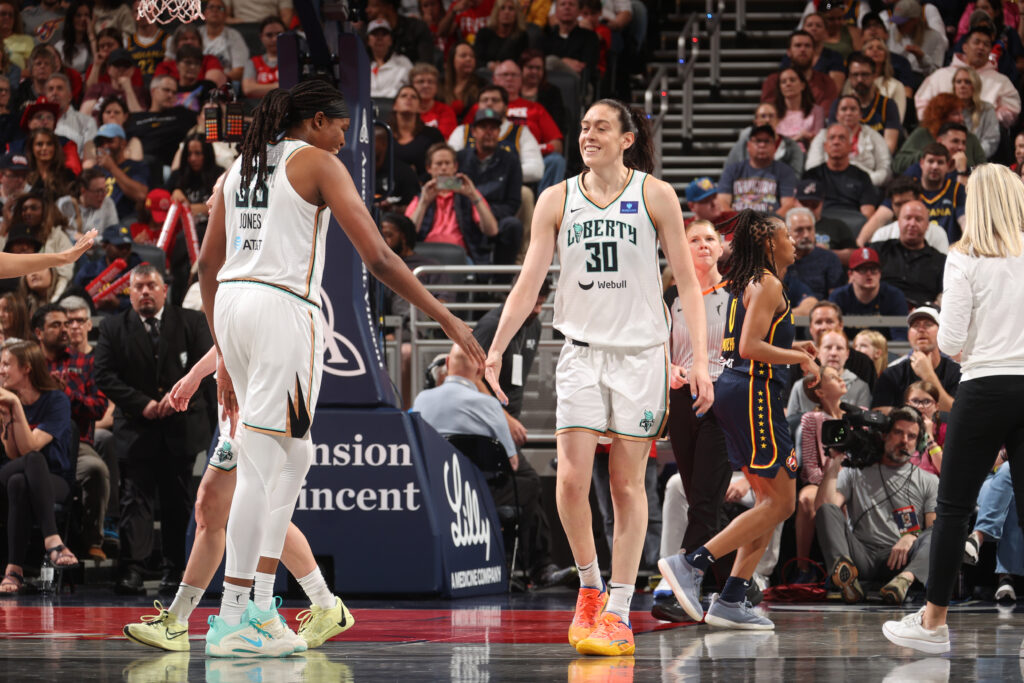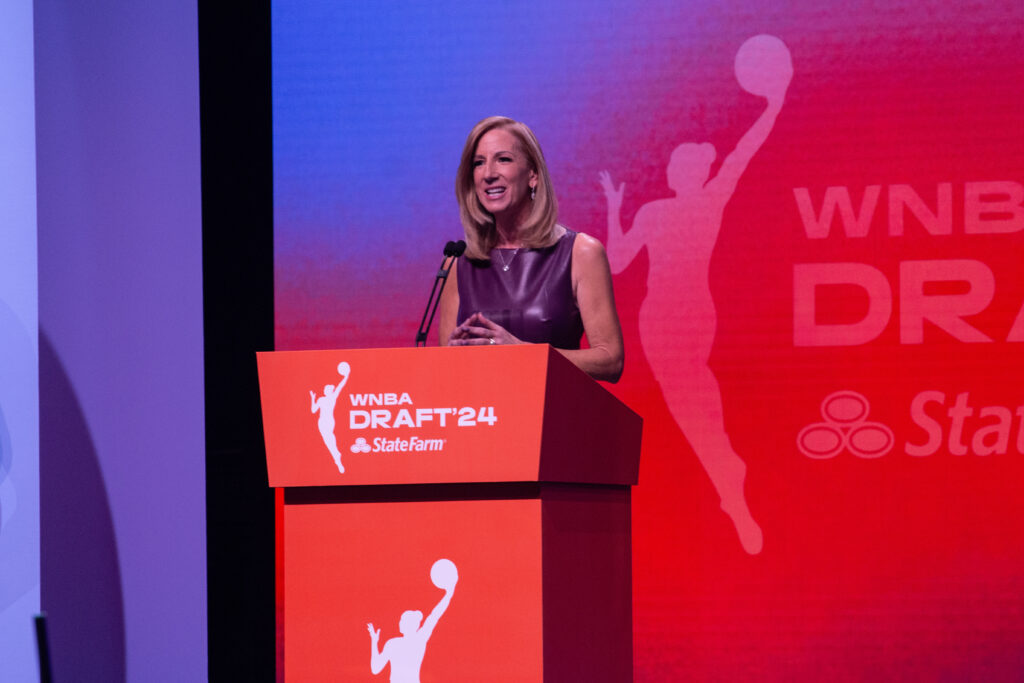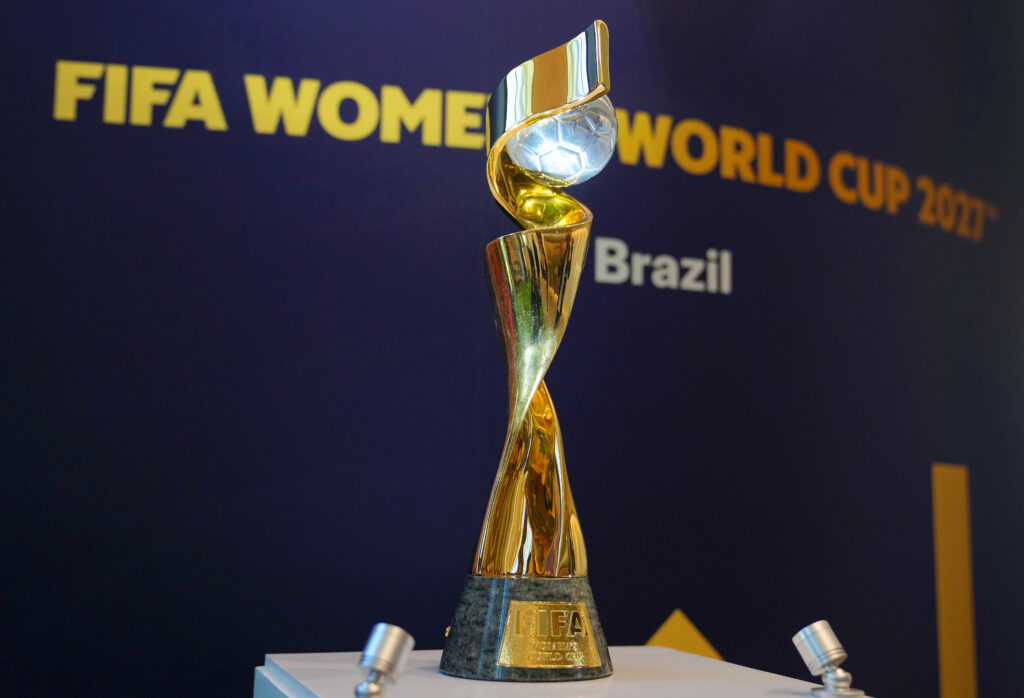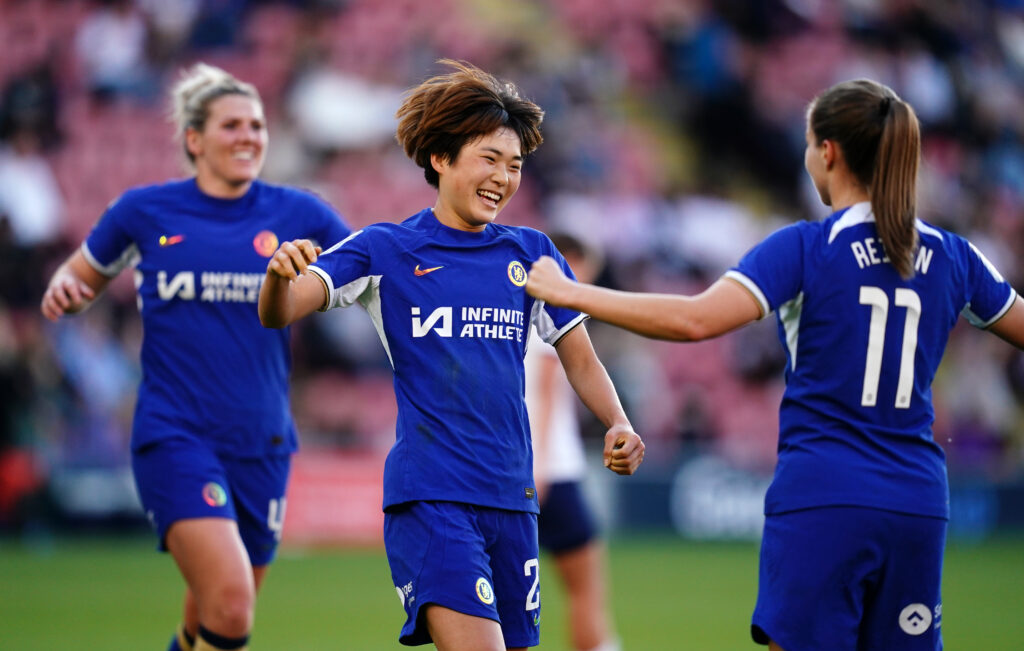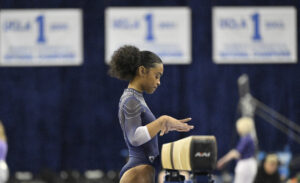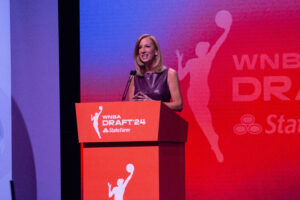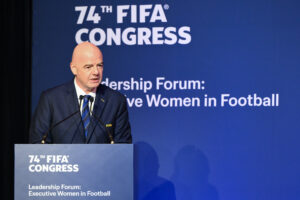Crystal Dunn knows what she wants from the next U.S. women’s national team head coach. To start: She wants the new coach to “know the ins and outs of what international soccer feels like.”
Speaking with the Philadelphia Inquirer, the 31-year-old defender acknowledged a level of “unsettledness” among the players as they wait on the hire. But she’s excited for the next chapter.
Former head coach Vlatko Andonovski was a “really nice guy” that cared about the players as people. In turn, he was “highly respected” by the players, according to Dunn. But “the reality is, you don’t always do the job the way that you want to do it,” she said.
“We listened to the strategy and the tactics. And I think all parties involved are responsible for us not meeting our standards, and I think the blame can’t only fall on the staff,” she said. “Players, I think, we didn’t perform to our best ability, and that happens.”
Even still, it’s time to turn the page.
“The quicker we can dive into what this new future is going to look like, the better,” she said. And that new future does need to start sooner rather than later, especially with the Paris Olympics looming next summer.
The next coach needs to understand what it takes to run a national team in general. But Andonovski’s successor also must be aware of the attitude and legacy of the U.S. national team in particular, Dunn said.
“I think it has to be someone who understands the history of the U.S. women’s national team, and I think just understanding American soccer and what our league is built on, the players that we develop, and just really trying to get the best out of us,” she said. “That’s my hope for the next coach, is someone who’s just going to tap into each individual and be able to raise their level even higher.”
For the USWNT to find success, though, it will take everyone – not just the coach – operating at the high level .
“It’s a hard job,” she said. “Every time we step into a camp, step into a World Cup, an Olympics, it’s like, we’re either in the final or it’s a bust. And with that, we face that pressure, but that pressure is also on the staff. I think it takes everybody to really cultivate that message, and be able to perform and fire on all cylinders — and it’s not easy.”

